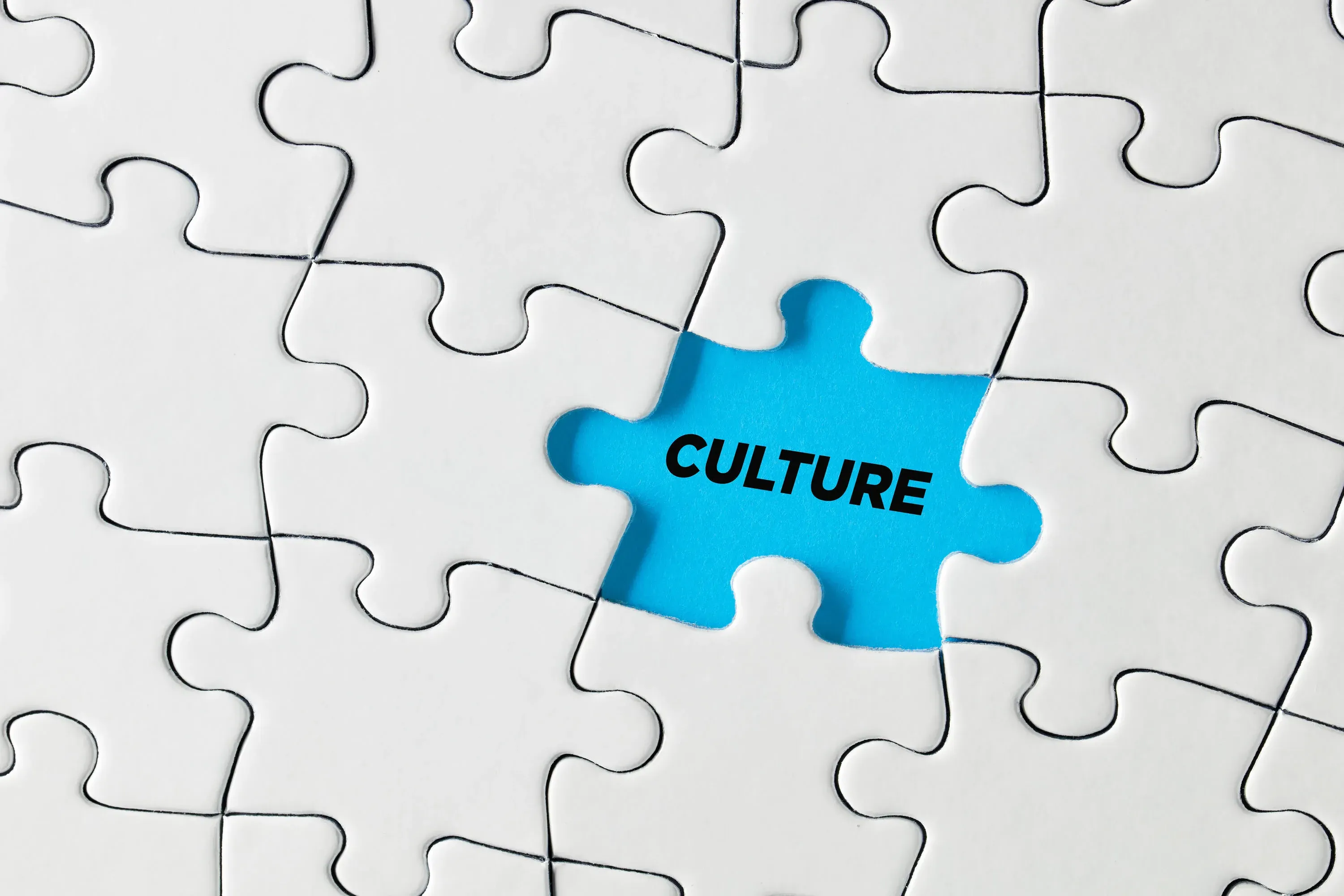"Morally Adrift" - Culture & Value Needs Democracy, Not Democratisation
Written by

Philip Clarke has carved a reputation as a highly respected figure in the Aotearoa creative community.
Over his impressive career, he has worked at QEII Arts Council/Creative New Zealand and was the inaugural director of Objectspace. He has a MA in Cultural Policy & Planning from Griffith University (but for context in this piece, he doesn’t know Julian Meyrick). Clarke is currently a volunteer trustee of a number of cultural organisations, including The Big Idea. This is a personal perspective.
It dawned on me recently that we’re almost at the second quarter of the twenty-first century.
In musing about the past and present, I found myself thinking about two seemingly unconnected 2022 events. One was monumental, the other miniscule in terms of public attention.
Despite these differences of scale, the conjunction felt powerful to me.
The first event was the death of Queen Elizbeth II - enough said. The second was the Michael Volkerling Memorial Lecture presented at Te Papa by Julian Meyrick, Professor of Creative Arts at Australia’s Griffith University on 22 November.
Michael, when I first met him - about 1982 - was the incredibly young and brilliant director of what was then known as the Queen Elizabeth II Arts Council. Appointed in 1977, at the age of 29, Michael was director of the Arts Council for eleven years and sadly died in 2014. The lecture series was established to recognise his enormous contribution to the cultural sector.
The QEII Arts Council was disestablished in 1994 and the Arts Council of New Zealand - trading as Creative New Zealand - replaced it. I joined the staff of the QEII Arts Council in 1987 (Michael was on the interview panel) and afterward learned that the QEII Arts Council had been established in 1974 and ‘presented’ as a gift to Her Late Majesty, who was visiting at the time. I recall being astonished by this aspect of its foundation.
Meyrick’s topic was The Arts as a Vocation: National cultural policymaking at a time of Precarious & Uncertain Everything.
In dense but memorable language, he considered the recent history of Australian cultural policy and the various concepts of value ascribed to culture embedded in key documents. He wholeheartedly rejected neoliberal conceptions of art and culture as consumer goods and concluded that cultural policy needs “a completely new language of value” in order to make sense of the arts as a vocation, which he lyrically described as “a life in service to the imagination in its public role”.
Audience member Gisella Carr commented in the Q & A session that the opportunity to talk and think intellectually about cultural policy is a rare event in Aotearoa NZ, one largely attributable to Michael Volkerling’s endeavours.
The Q & A that followed brought Meyrick’s thinking into our own back garden. CNZ Chief Executive Stephen Wainwright was prepped to respond and his comments were astute and candid.
He noted that while the two countries are close neighbours ‘we roll differently’: NZ doesn’t go in for national cultural policies or national policies in general. The most exciting cultural policies he noted were the policies, or programmes, of specific leading cultural institutions but as he admitted this casts one “morally adrift” because there is no agreement about culture and its value between leading actors.
to change cultural policy is to change the world.
Meyrick had touched on the Mondiacult 2022 gathering in September that year where 150 nations agreed that culture was a global public good and that cultural rights needed to be embedded in public policy. Wainwright too advocated for a rights-based approach where acceptance of the right to culture brings with it the responsibility to fund culture, suggesting “a different world view is probably the lever to reposition value.”
From the floor, respected Wellington arts manager Carr commented “Western cultural administration seems bankrupt…real moral authority has shifted to Māori…we need to organise ourselves differently and drive a different sense of value.”
This may seem pointy-headed stuff, but as Meyrick stated at the start of his talk - “to change cultural policy is to change the world.” It’s important.
Here’s my takeout. There’s a need to change.
If we’re to factor “justice and fairness” into our thinking about the value of culture, as Wainwright advocated, we need to start thinking and talking about ‘culture’ and stop talking about ‘arts and culture’.
Historically, the work of anglophone arts councils was to democratise art. If we’re talking about culture in terms of rights, justice and fairness - the issue at hand is democracy not democratisation.
the issue at hand is democracy not democratisation
Wainwright observed that we’re most unlikely to be given a national cultural policy that provides some sort of road map to the future we want, that isn’t how we roll. In our cultural landscape, it is the key organisations that have been the policy leaders.
When seasoned sector leaders like Carr and Wainwright publicly discuss being “morally adrift" and “bankrupt”, that suggests to me that culture’s institutional landscape urgently needs reform.
We now live in what some are calling a post Elizabethan era. In some countries, long standing constitutional arrangements that endured during the Elizabethan Age are being jettisoned. The QEII Arts Council has long gone but the institutional cultural landscape is still dominated by an Arts Council.
If we’re going to successfully re-imagine what culture and its value might be in the twenty-first century, that conversation needs to be led by - and be with - organisations whose founding purpose is congruent with culture.